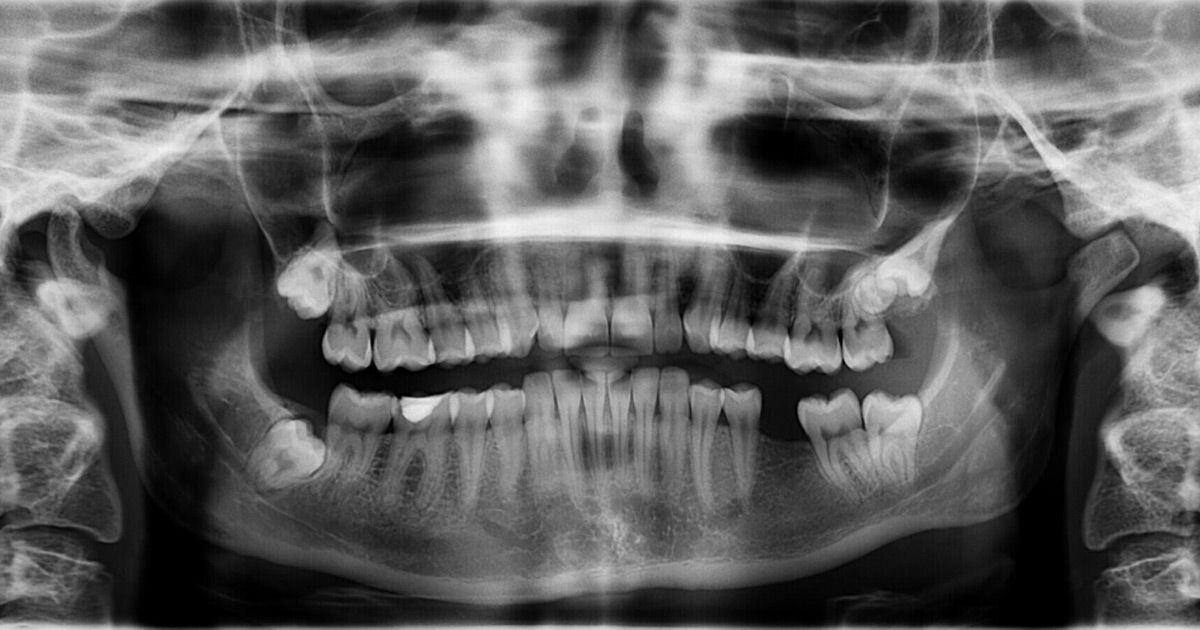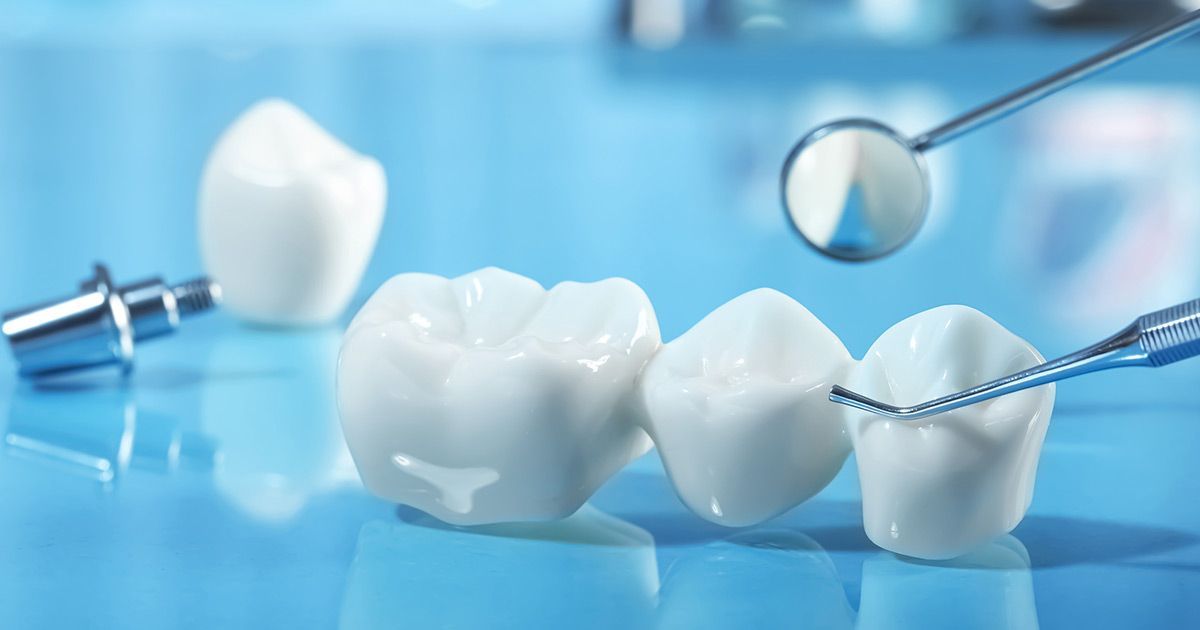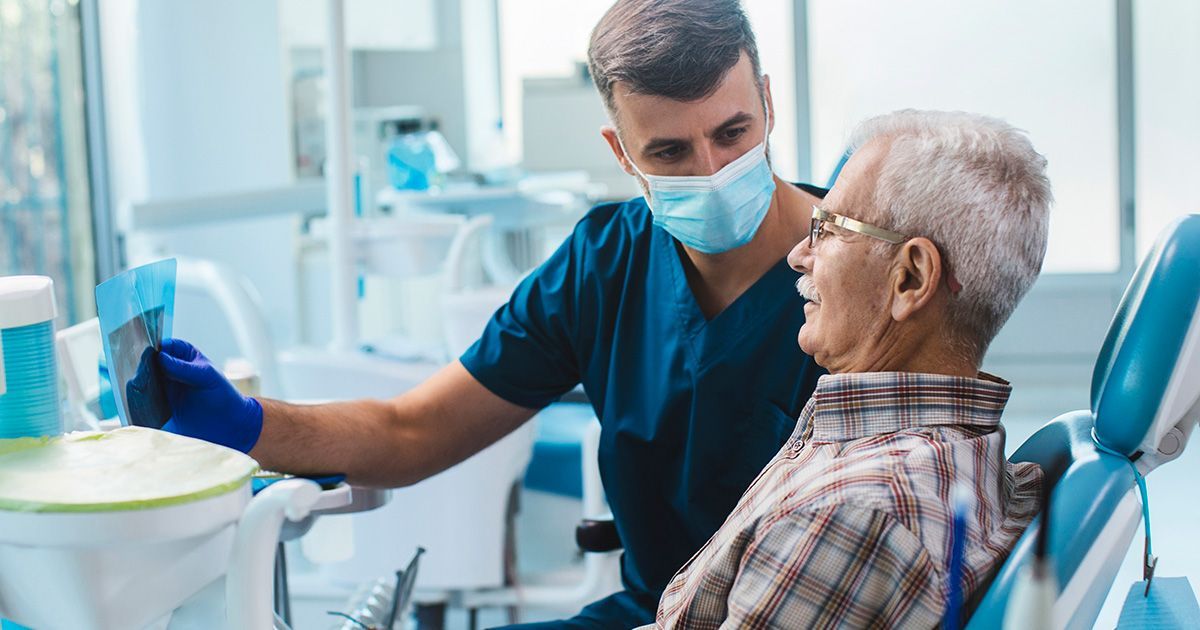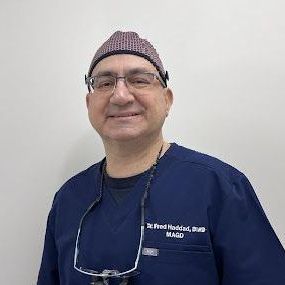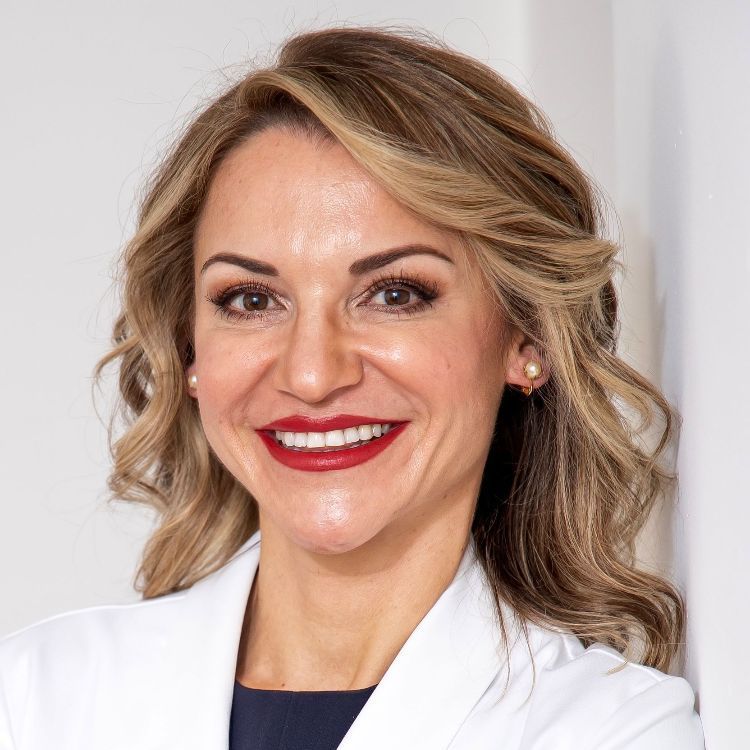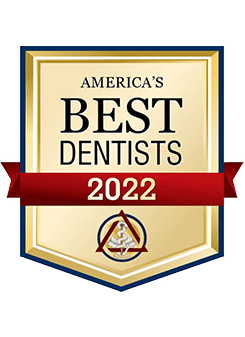Advances in Tooth Replacement Technology: What's New and Innovative?
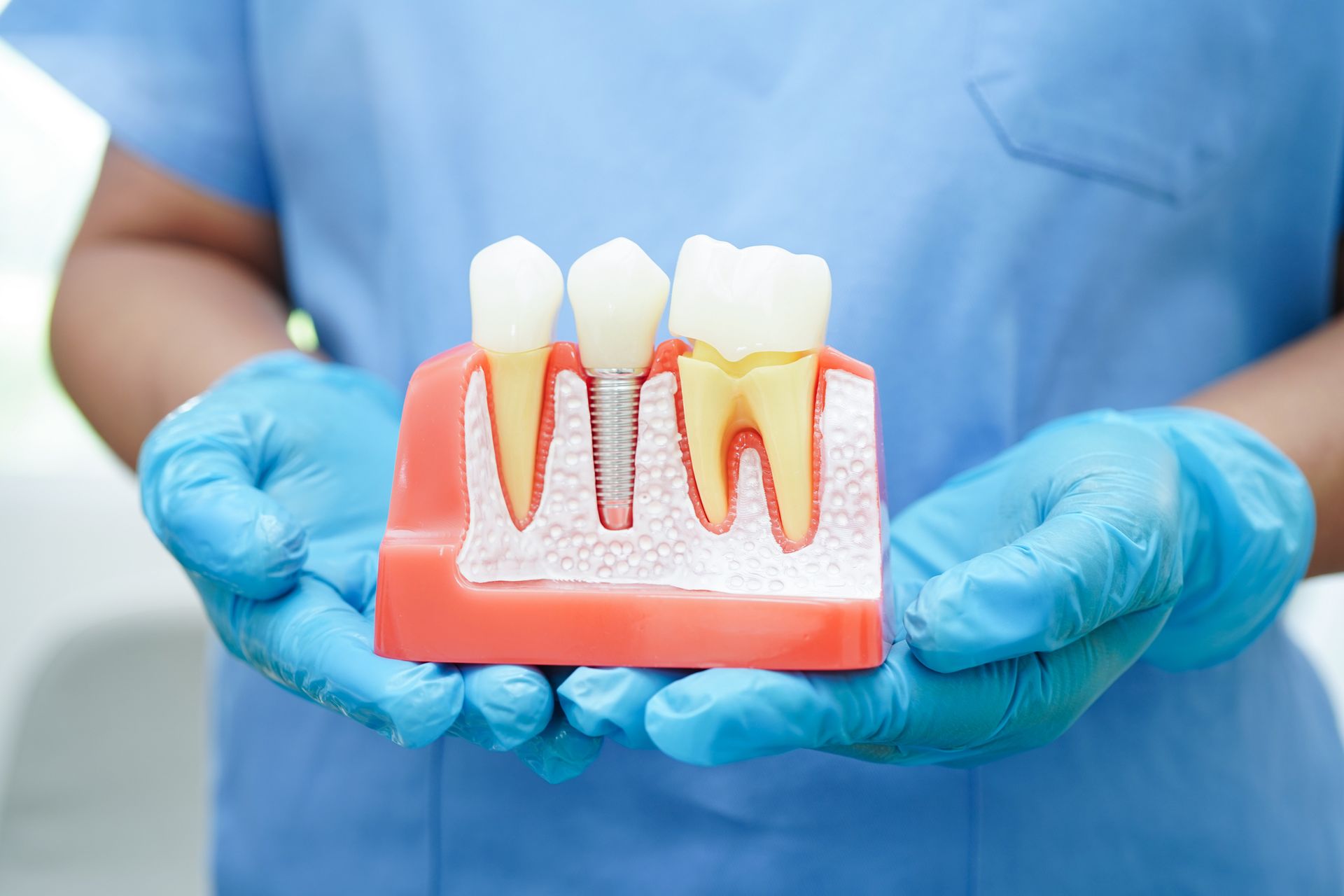
Transforming Smiles with the Latest Dental Innovations
Tooth loss is a common concern for many adults, and it can affect not just your appearance but also your overall well-being. Thanks to advances in dental technology, there are more options than ever before to restore your smile and improve your quality of life. Whether you're missing a single tooth or require full-mouth restoration, these innovations are revolutionizing how dentists approach tooth replacement.
At Sewell Dental Designs, we pride ourselves on offering cutting-edge solutions that cater to the needs of our community. Let's explore the most innovative tooth replacement technologies available today and how they can help you achieve a smile that lasts a lifetime.
Why Having Missing Teeth is Bad
Missing teeth can affect more than just your appearance. They can significantly impact your oral health, confidence, and overall well-being. Here’s why it’s important to replace missing teeth as soon as possible:
1. Impact on Oral Health
When you lose a tooth, the surrounding teeth may shift out of place. This can lead to misalignment, bite issues, and difficulty chewing, which puts additional strain on your remaining teeth. Over time, these misalignments can cause discomfort and lead to more dental problems. Additionally, when a tooth is lost, the jawbone in that area may begin to deteriorate, since there is no longer a tooth root stimulating the bone. This bone loss can make future tooth replacement options more challenging and costly.
2. Increased Risk of Gum Disease
The gaps left by missing teeth can also trap food and bacteria, which can lead to an increased risk of gum disease. Over time, this could affect the health of your gums and the integrity of your remaining teeth. Left untreated, gum disease can result in further tooth loss and more complex treatments.
3. Difficulty Chewing and Speaking
Missing teeth can make it harder to chew your food properly, which might affect your digestion and nutrition. It can also make speaking clearly more difficult, especially if the missing teeth are in the front of your mouth. This can cause embarrassment and affect your confidence in social and professional settings.
4. Self-Esteem and Confidence
The most obvious concern with missing teeth is the impact on your appearance. Gaps in your smile can lower your self-esteem and make you feel self-conscious, affecting both your social and professional life. Tooth replacement options can restore your smile and your confidence, helping you feel better about yourself.
Replacing missing teeth early can prevent these issues and help maintain your oral health, overall appearance, and confidence.
Dental Implants: A Game-Changer in Tooth Replacement
One of the most significant advancements in tooth replacement technology is the development of dental implants. Unlike traditional dentures or bridges, dental implants are surgically placed into the jawbone, providing a permanent and natural-looking solution.
What Are Dental Implants?
Dental implants are small titanium posts that are inserted into the jawbone. Over time, the bone fuses with the implant, creating a sturdy foundation for a crown, bridge, or denture. The result is a tooth replacement that looks, feels, and functions like a natural tooth.
Why Are They So Popular?
Dental implants offer numerous benefits:
- Durability: With proper care, dental implants can last a lifetime.
- Natural Appearance: Implants mimic the look and feel of your natural teeth.
- Bone Preservation: Implants help preserve the jawbone, preventing bone loss that can occur with missing teeth.
At Sewell Dental Designs, we use the latest implant technology to ensure precision and long-lasting results. Our team works closely with each patient to determine the best treatment plan tailored to their needs.
Same-Day Implants: Speed and Convenience for Busy Adults
Traditionally, the process of receiving dental implants required multiple visits over several months. However, advancements in dental technology now allow for same-day implants, providing a more efficient solution for busy adults.
How Do Same-Day Implants Work?
Thanks to 3D imaging and computer-guided surgery, dentists can now place dental implants and restore them in just one appointment. This technology allows for more accurate placement and less discomfort, making the process faster and less invasive.
For working adults who have tight schedules, same-day implants offer the convenience of receiving a high-quality restoration in a fraction of the time.
Implant-Supported Dentures: Comfort and Stability
For patients who are missing multiple teeth or require a full mouth restoration, implant-supported dentures offer a stable and comfortable solution. Unlike traditional dentures that rely on adhesives or suction, implant-supported dentures are anchored securely to dental implants, preventing movement and discomfort.
Benefits of Implant-Supported Dentures:
- Improved Comfort: No more worrying about dentures slipping or shifting.
- Better Functionality: You can eat, speak, and smile confidently, knowing your dentures are securely in place.
- Long-Term Solution: With proper care,
implant-supported dentures can last for many years, providing a more permanent solution than traditional dentures.
Sewell Dental Designs offers a variety of implant-supported options, ensuring you find the right solution to meet your needs.
Computer-Guided Surgery: Precision and Accuracy in Tooth Replacement
Another breakthrough in tooth replacement technology is computer-guided surgery. This technology allows dentists to plan and perform implant placements with unparalleled precision.
How Does Computer-Guided Surgery Work?
Using advanced imaging technology and software, your dentist can create a 3D model of your mouth, which is then used to guide the placement of implants. This ensures the implants are placed in the optimal location, reducing the risk of complications and enhancing the procedure's success rate.
By using computer-guided surgery, we at Sewell Dental Designs are able to provide more accurate results, minimal discomfort, and faster recovery times.
3D Imaging and Digital Scanning: Enhancing Treatment Planning
The use of 3D imaging and digital scanning has transformed how dentists plan and execute tooth replacement treatments. At Sewell Dental Designs, we utilize state-of-the-art technology to capture detailed, accurate images of your teeth and jaw.
The Advantages of 3D Imaging:
- Accurate Diagnostics: 3D images allow for a more thorough understanding of your dental health, helping us identify issues that may not be visible with traditional X-rays.
- Better Treatment Planning: With 3D imaging, we can plan your treatment with greater precision, ensuring better outcomes and fewer complications.
- Minimized Invasive Procedures: Digital scans reduce the need for traditional molds, making the process more comfortable and less time-consuming.
This technology not only improves the quality of your treatment but also enhances the overall patient experience at our practice.
Mini Implants: A Minimally Invasive Solution for Smaller Restorations
For those who are looking for a more affordable and less invasive option, mini implants provide a viable solution. Mini implants are smaller than traditional implants, making them ideal for replacing small or missing teeth.
Why Choose Mini Implants?
- Less Invasive: Mini implants require less surgery and a shorter recovery time.
- Cost-Effective: Mini implants are often more affordable than traditional implants, making them a great option for patients with budget concerns.
- Quick Recovery: With smaller posts and less invasive surgery, recovery times are significantly shorter.
Mini implants are a great option for patients seeking a faster, more affordable way to restore their smile.
Different Types of Tooth Replacement Options Compared to Dental Implants
When it comes to replacing missing teeth, several options are available, each with its own set of advantages and disadvantages. Here’s a breakdown of the most common tooth replacement options and how they compare to dental implants:
1. Dental Implants
Dental implants are often considered the gold standard in tooth replacement. They are surgically placed into the jawbone, providing a permanent, secure foundation for a crown, bridge, or denture.
Advantages:
- Durability: Implants can last a lifetime with proper care.
- Natural Look and Feel: They are designed to mimic the appearance and function of natural teeth.
- Bone Preservation: Implants help preserve the jawbone, preventing bone loss that can occur when a tooth is missing.
- No Damage to Adjacent Teeth: Unlike bridges, implants do not require the alteration of adjacent healthy teeth.
Disadvantages:
- Cost: Implants are often more expensive than other options.
- Procedure: The implantation process involves surgery and requires a longer recovery time.
2. Crowns
A crown is a cap that fits over a damaged or decayed tooth. Crowns are commonly used to restore a tooth after a root canal or to improve the appearance of a misshapen or weakened tooth. They can also be placed on top of dental implants to restore a single missing tooth.
Advantages:
- Natural Appearance: Crowns are made from porcelain or ceramic materials that blend well with natural teeth.
- Quick Procedure: The process of placing a crown typically takes just a few visits.
Disadvantages:
- Not for Complete Tooth Loss: Crowns are usually used to cover a damaged tooth or implant, not to replace a fully missing tooth.
- Durability: While crowns are durable, they are not as long-lasting as dental implants.
3. Bridges
A dental bridge is a prosthetic device used to replace one or more missing teeth. It is anchored to adjacent teeth and spans the gap where the missing teeth once were. Bridges are typically made from porcelain, metal, or a combination of both.
Advantages:
- Faster Solution: Bridges can be completed relatively quickly compared to implants.
- Less Invasive: The procedure is non-surgical and can often be done with local anesthesia.
Disadvantages:
- Damages Adjacent Teeth: Bridges require the alteration of the neighboring healthy teeth, which can weaken them over time.
- Lifespan: Bridges usually last 5-15 years before needing replacement.
- Bone Loss: Bridges do not prevent bone loss in the jaw, which can still occur after tooth loss.
4. Full Dentures
Full dentures are removable prosthetics designed to replace all of the teeth in either the upper or lower jaw. They are custom-made to fit your mouth and provide a functional solution for those with total tooth loss.
Advantages:
- Non-Invasive: Dentures don’t require surgery and are easy to remove for cleaning.
- Cost-Effective: Dentures are typically less expensive than implants.
- Quick Solution: Dentures can be created relatively quickly after tooth extraction.
Disadvantages:
- Comfort and Fit Issues: Dentures can be uncomfortable and may slip or shift while eating or speaking.
- Bone Loss: Dentures do not prevent jawbone loss, and they may need to be adjusted as your bone structure changes over time.
- Maintenance:
Dentures require regular maintenance and cleaning to ensure they remain in good condition.
5. Partial Dentures
Partial dentures are used to replace a few missing teeth while leaving the remaining healthy teeth intact. These dentures are designed to fit around the existing teeth, offering a removable solution for tooth replacement.
Advantages:
- Less Expensive: Partial dentures are generally more affordable than implants.
- Removable: Like full dentures, partials are easy to remove for cleaning.
- Quick Solution: Partial dentures can be fabricated quickly.
Disadvantages:
- Comfort: Partial dentures may not feel as secure as dental implants and can shift or cause irritation.
- Impact on Adjacent Teeth: The clasps that hold partial dentures in place may put pressure on adjacent teeth, which could weaken them over time.
- Bone Loss: Like full dentures, partial dentures do not address the issue of bone loss in the jaw.
Advances in Materials: Stronger, More Natural-Looking Restorations
The materials used for crowns, bridges, and dentures have also advanced significantly in recent years. Today, patients can enjoy tooth replacements made from high-quality materials that mimic the look and feel of natural teeth.
What's New in Tooth Replacement Materials?
- Zirconia: This durable material is ideal for crowns and bridges, offering strength and a natural appearance.
- Porcelain: Porcelain restorations provide excellent aesthetics and are often used for front teeth due to their lifelike appearance.
- Flexible Dentures: Flexible materials for dentures offer a more comfortable, natural fit, reducing discomfort associated with traditional dentures.
These materials ensure that your tooth replacement solution is not only functional but also blends seamlessly with your natural smile.
The Future of Tooth Replacement Is Bright
The field of tooth replacement technology has come a long way, and at Sewell Dental Designs, we are committed to providing our patients with the latest and most effective solutions available. Whether you're considering dental implants, same-day restorations, or implant-supported dentures, you can trust us to provide a personalized approach that meets your needs.
If you're ready to explore tooth replacement options or have questions about how these advancements can improve your smile, contact us today to schedule a consultation.
Dr. Haddad
D.M.D
Dr. Haddad’s purpose at Sewell Dental Designs is to empower his patients so they can achieve and maintain excellent dental health and have a smile they are happy to show off. He decided on this path after receiving treatment from a competent and friendly dentist when he was a teen.
Dr. Haddad obtained his Bachelor of Science degree at George Mason University in Virginia and went on to earn his Doctor of Medicine in Dentistry degree (DMD) from Temple University Maurice H. Kornberg School of Dentistry.
Dr. Joanna
D.D.S
Dr. Joanna Haddad was born and raised in Lebanon and now resides in Philadelphia, PA. She speaks Arabic, French, and English fluently. Dr. Joanna earned her Doctorate of Dental Medicine from the University of Pennsylvania School of Dental Medicine, graduating with honors in Public Health. During her time in dental school, she was highly involved in various organizations and served as the Chapter President of the American Student Dental Association. She is also a proud member of the American Dental Association, American Association of Facial Esthetics and American student dental association.
Dr. Giesberg
D.D.S
Dr. Konstantina S. Giesberg, DDS, is a board-certified dentist anesthesiologist who has earned the privilege of becoming a Diplomate of the American Dental Board of Anesthesiology (DADBA).Dr. Giesberg obtained, with honors, her degree of Doctor of Dental Surgery (DDS) from the University of Buffalo, NY. She then completed her General Practice Residency in Dentistry at Wyckoff Heights Medical Center in Brooklyn, NY. Dr. Giesberg then furthered her studies at Wyckoff Heights Medical Center with a Specialty Program in Dental Anesthesiology, involving three years of concentration in deep sedation and general anesthesia.







